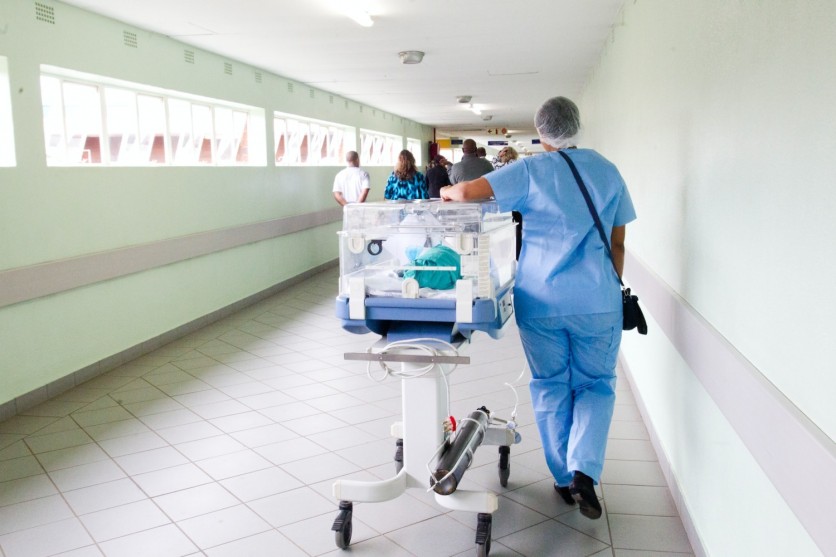
Health service authorities in the UK have reported that more than 100,000 people, including children, have been treated in virtual wards during the last year.
Medical experts have called this system a "game changer" for the home monitoring of patients.
According to Evening Standard, National Health Service (NHS) officials claim that virtual wards may speed up the time it takes to send patients home from the hospital or help them avoid hospitalization entirely. Remotely monitoring a patient's heart rate, oxygen levels, and temperature is possible, thanks to advances in medical technology.
In a virtual ward round, doctors from different fields confer with each other and the patient remotely to perform diagnostic procedures and administer care, including drawing blood, writing prescriptions, and starting IV infusions.
The system plays a significant role in the NHS's efforts to restore services during the pandemic, with the ultimate goal of treating 50,000 patients per month through virtual wards.
Treated Patients
As reported by the PA news agency, NHS England has treated over 100,000 patients in the past year alone.
Around 545 Black Country children have been seen by pediatric virtual wards, with many more receiving care in other regions of the nation.
According to NHS England, almost 16,000 people were treated on virtual wards in the month of January alone. Currently, 340 different virtual ward programs in England provide a total of 7,653 virtual beds.
Virtual Ward Round
National medical director for NHS England, Professor Stephen Powis, said that these world-leading projects are making a genuine difference not only to the individuals they directly help but also in relieving demand for broader services. Up to a fifth of emergency hospital admissions are projected to be avoided by properly assisting vulnerable patients at home and in the community.
Mersey Care NHS Foundation Trust's Telehealth Team assists about 2,000 patients with diabetes, heart failure, and chronic obstructive pulmonary disease (COPD).
Its Clinical Telehealth Center team leader and registered nurse, Nisha Jose, guaranteed that anything normally occurring on a medical ward may now be accomplished with the virtual ward initiative.
According to Jose, they check in with the patient to see how they are doing every six hours. If there are any problems, they do electrocardiograms (ECGs) right there in their house. She believes that this system has completely revolutionized how they provide medical treatment.
Further Plans
During the last year, virtual wards have helped 100,000 patients get the care they need to recover safely from the comfort of their own homes. Experts estimate that up to 20% of emergency admissions are preventable with the correct care in place.
To further this goal, as outlined in the urgent and emergency care recovery plan, Health and Social Care Secretary Steve Barclay said they plan to expand the use of virtual wards. The goal is that 50,000 patients a month would benefit from high-quality care at home, accelerating their recovery, freeing up hospital beds, and helping reduce waiting times for emergency care.
ⓒ 2025 TECHTIMES.com All rights reserved. Do not reproduce without permission.




